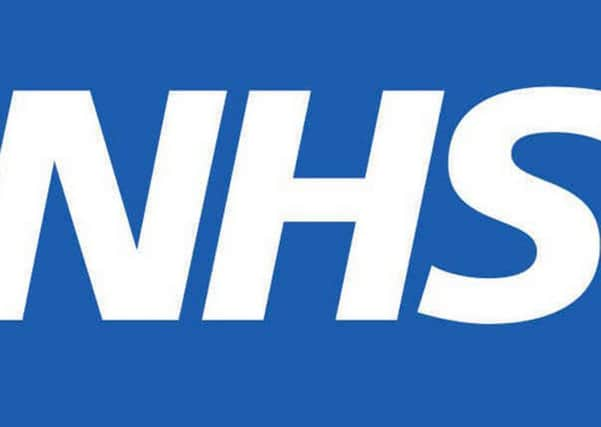David Wood: Reforms to NHS are not privatisation


There is an emotional attachment to the NHS in England and we are proud of what has been achieved, but there are challenges ahead and we need to look rationally at the evidence around patient and service user experiences, quality of treatments and care and health outcomes. We need to pause for thought and not rush into any further wholesale changes.
The term “privatisation” has appeared in the media recently, linked to recent NHS reforms. Using such terms is scaremongering and misleading. Privatisation actually means selling off the NHS, which is clearly not happening.
Advertisement
Hide AdAdvertisement
Hide AdAs a result of the Health and Social Care Act 2012, the NHS commissioning arrangements went through a significant re-organisation. Since April 2013, services that were once commissioned through Primary Care Trusts (PCT) have been commissioned by Clinical Commissioning Groups (CCG), which has allowed for different organisations to bid for contracts to provide services for patients and service users.
Although controversial, this is not new. The NHS has contracted out services to a range of providers for many years, under all recent governments. In real terms, the percentage of health spending awarded to private and independent treatment centres has been gradually increasing. In 2006/07 it was 2.8 per cent, in 2010/11 it was 4.9 per cent and it is now six per cent. Around a third of new contracts since 2013 have been awarded to private and independent treatment centres, although we don’t actually know anything about the size of these contracts.
All this rather misses the point. Does it really matter who is providing the treatment and care so long as the quality of care is excellent, patient experiences of healthcare are excellent and health outcomes are excellent? I use the word excellent because while in many areas the services provided are excellent, unfortunately, as we have seen in recent scandals, there are still far too many that are not.
As such, any attempt to drive up quality and standards in order to produce better patient experiences and better outcomes should be welcomed.
Advertisement
Hide AdAdvertisement
Hide AdIt is also important to remember that this competitive tendering is on quality, not on cost. Services provided by independent treatment centres remain free at the point of delivery and decisions to award contracts are made by healthcare professionals, including doctors and nurses, who sit within the Clinical Commissioning Groups.
Independent treatment centres may be run for profit, not for profit and as charitable trusts. Indeed we have a long history of using charities in health care. Some very well-known names have developed expertise in particular areas over a very long time, so it is entirely appropriate to allow them to bid to provide services in their specialised areas.
There are three questions we should be asking in relation to health care:
Are the services that are provided safe?
What is the patient experience like?
What are the outcomes like?
I would argue that these are the only things that matter. There has been some interesting analysis recently on patients’ experiences which was carried out on NHS patients undergoing hip and knee operations.
Advertisement
Hide AdAdvertisement
Hide AdAround 100,000 of operations of this kind are done each year and the results concluded that patients who had had their healthcare provided by a private or independent treatment centre rated their care more highly than those who had been looked after in a traditional NHS acute Trust (84 per cent compared with 79 per cent).
Although this difference is small, it’s really important to note how patients experience their treatment and care, and if they are reporting being happier with this in private and independent treatment centres, then we need to take this seriously and ask why.
I am not suggesting that we should be putting all services out to tender but we shouldn’t automatically reject it. The only things that really matter are the quality of care, the experiences of patients and service users and the health outcomes. I’m not sure it really matters how that care is provided as long as the above are met at the highest standards.
David Wood is acting principal lecturer in public health at Sheffield Hallam University